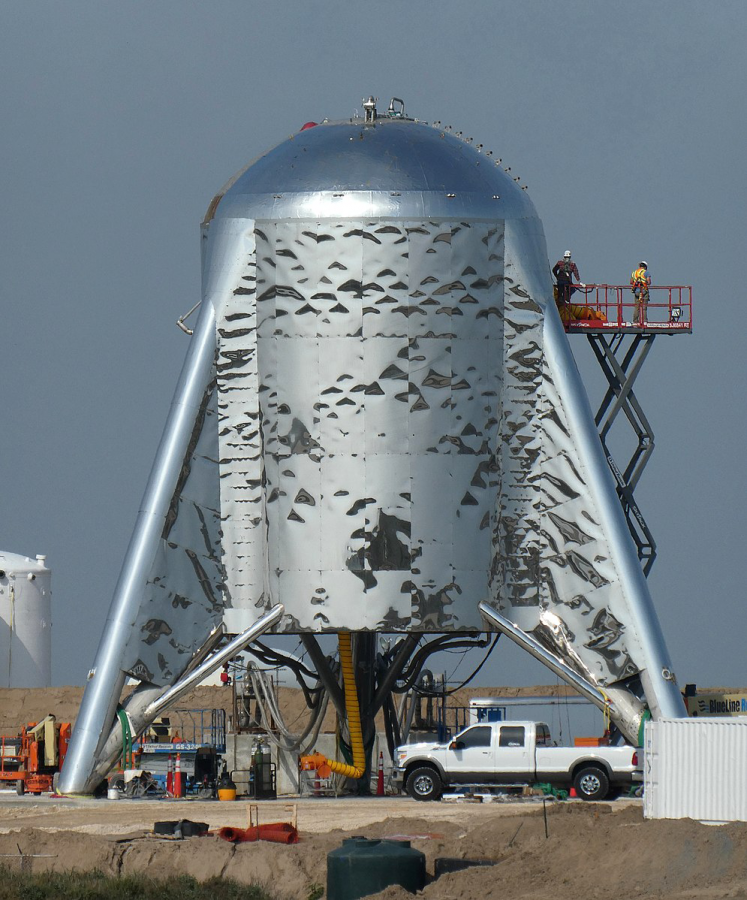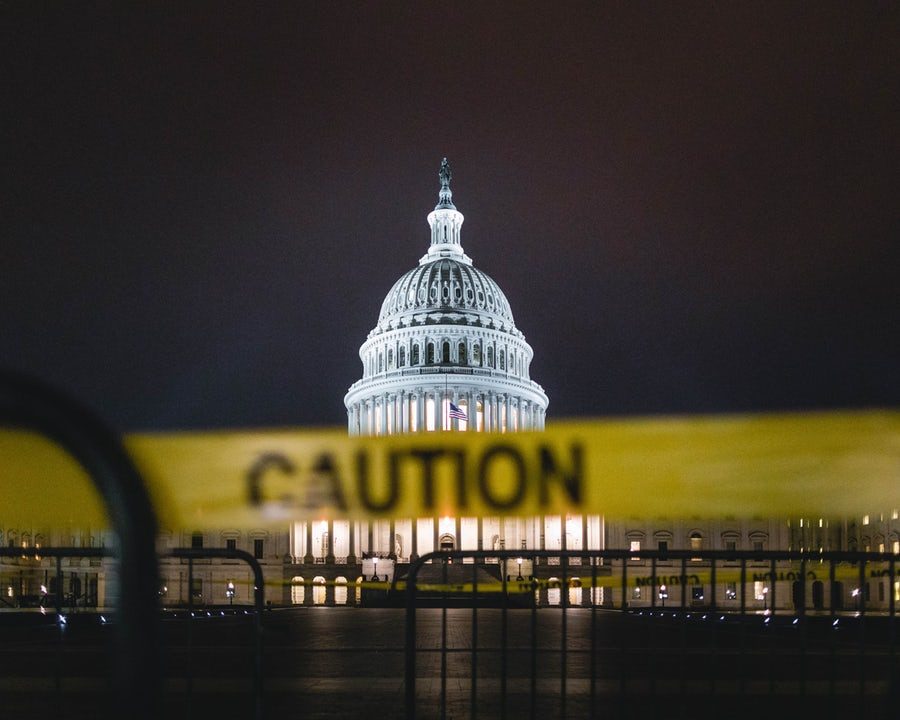Supreme Court Chief Justice Antonin Scalia dies
March 8, 2016
Chief Justice Antonin Scalia died at the age of 79 on February 13. He was the judicial standard-bearer of the conservative movement and was known as the court’s most productive member. Scalia died in his sleep early on Saturday while in West Texas for a hunting trip.
“For almost 30 years, Justice Scalia was a larger-than-life presence on the bench,” President Obama said, calling him “an extraordinary judicial thinker” with “an incisive wit”.
The president said that he intends to name a replacement in due time, despite calls from Republicans to wait until the next president is elected.
“There will be plenty of time for me to do so and for the Senate to fulfill its responsibility to give that person a fair hearing and a timely vote,” Obama said.
After hearing about the news, the Senate leaders immediately clashed over the prospect of whether to even consider filling the vacancy so late in President Obama’s term.
“The American people should have a voice in the selection of their next Supreme Court Justice. Therefore, this vacancy should not be filled until we have a new President,” Majority Leader Mitch McConnell said.
However, the minority leader rejected this response by claiming that it would be unprecedented for the Supreme Court to go on without a vacant seat and that it would be shameful towards one of the Senate’s essential responsibilities.
The passion between both sides upon the division in the court makes the upcoming battle so unique. The last confirmation in the eighth year of a presidency was Justice Anthony Kennedy, whose 97-to-none Senate confirmation in February 1988 took place after Ronald Reagan’s failed efforts. President Kennedy lost all favoritism within the conservative activists at the time, who viewed his rulings on certain rights with the high court’s liberal bloc as an example of leaders choosing political expediency over ideological practices, whether it was true or not.
The nomination of a justice, however, takes about 75 to 90 days, but replacing Scalia will not be easy since he was very outspoken in his work and dedication and had many admirers in the Senate.
Obama’s first two appointments to the court were relatively easy since Justice Sonia Sotomayor and Justice Elena Kagan were replacing liberal justices. Obama will need the support of all 46 members of the Democratic caucus and at least 14 Republicans to successfully appoint Scalia’s successor. In the president’s previous Supreme Court nominations, just nine Republicans voted to confirm Sotomayor and four voted to confirm Kagan.
If Republicans leave Scalia’s seat vacant for any lengthy time, that sets up the possibility of a series of deadlocked four-to-four votes in which the ruling of the lower federal court would stand as the law of that particular region of the country.
















